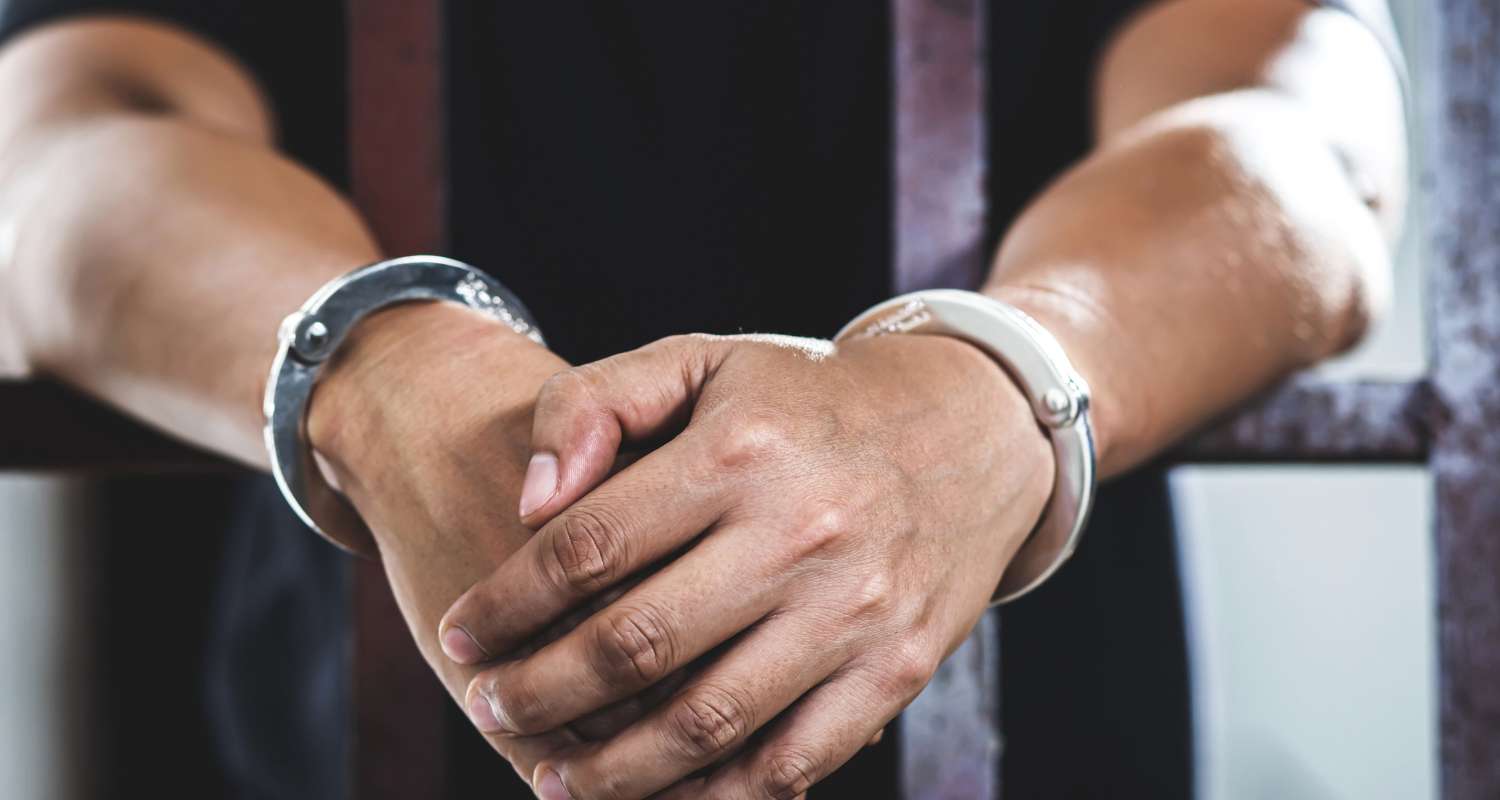
If you have been accused of a criminal offense in Florida, you likely have a lot of questions regarding your case, including questions about when you can go home. However, in some cases, you may be held in police custody until the date of your criminal trial, which could be up to 175 days or more after your original arrest.
You don’t have to navigate your way through the Florida criminal justice system alone. If you have been accused of a crime in Hillsborough County, Pinellas County, or the surrounding Florida west coast area, contact a Tampa criminal lawyer at Buda Law today. Attorney Andrew Buda and his team can walk you through the process and help you understand your rights as well as provide you with legal advice and aggressive defense strategies tailored to your case.
Call (813) 322-2832 or reach out online to schedule a free consultation with an experienced local criminal defense attorney at Buda Law today.
How Long Can You Be Held in Jail Without Being Charged?
Typically, following an arrest, you can be held in jail for up to 24 hours before appearing before a judge. This is considered your “initial appearance,” where the court will determine whether or not to pursue charges against you and will determine whether or not you are eligible for bail/pre-trial release.
If you are granted bail at your first appearance, the judge will set the amount of your bail. If you can pay it, or you can arrange for a bail bond, you can bond out, meaning you won’t have to stay in jail any longer without being charged. If the judge allows you to be released without paying bail, known as being released on your own recognizance, then you will not have to pay any bail and can leave until your court date.
If the judge decides to hold you without bail, however, then you will likely be held for up to 5 days before your pretrial detention hearing. From there, the court will determine whether or not you should be held in jail leading up to your trial.
When it comes to being formally charged with an offense, state prosecutors typically must file charges within a month of your arrest. If no charges are filed within this set time frame, the state must release you (the defendant) on your own recognizance.
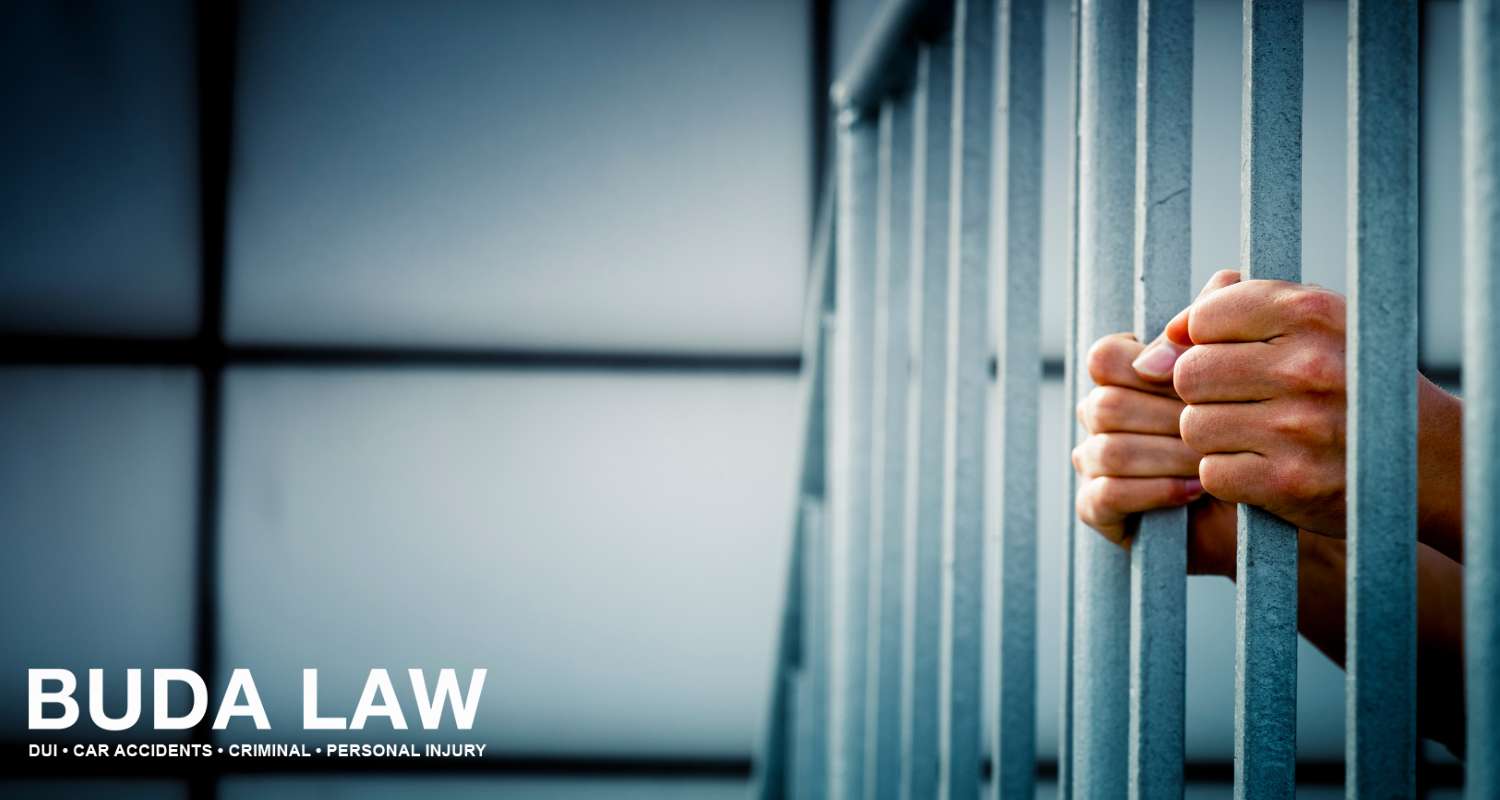
How Long Does the State Attorney Have to File Charges in Florida?
Under Florida Rule of Criminal Procedure 3.134, state prosecutors generally have up to 30 days to file charges against someone following their arrest. If the defendant remains uncharged, the court must release them on their own recognizance by the 33rd day following their initial arrest.
In some cases where “good cause” is shown by the state, the court may extend this deadline to 40 days after the arrest. However, under no circumstances should a defendant remain in jail once 40 days have passed without a formal criminal charge.
How Long Can You Be Held in Jail After Being Charged?
If you have been charged with a crime in Florida, you may be held in jail until your trial. For Florida misdemeanor crimes, your trial will normally be scheduled within 90 days of your arrest. For felony crimes in Florida, your trial may be scheduled within 175 days of your arrest.
If you were denied bail, or you could not pay your bail, then you will likely remain in custody until your trial. If you have bonded out or were released without bail, you will not need to stay in jail leading up to your trial, so long as you remain in compliance with the conditions of your release and make it to your future court appearances.
It’s important to note that these time frames can be extended under certain circumstances, such as procedural delays, trial scheduling, and the court’s current caseload. Additionally, if you agree to a plea deal before your trial, the judge can sentence you without a trial, and you can begin to serve your sentence, whatever that may be.
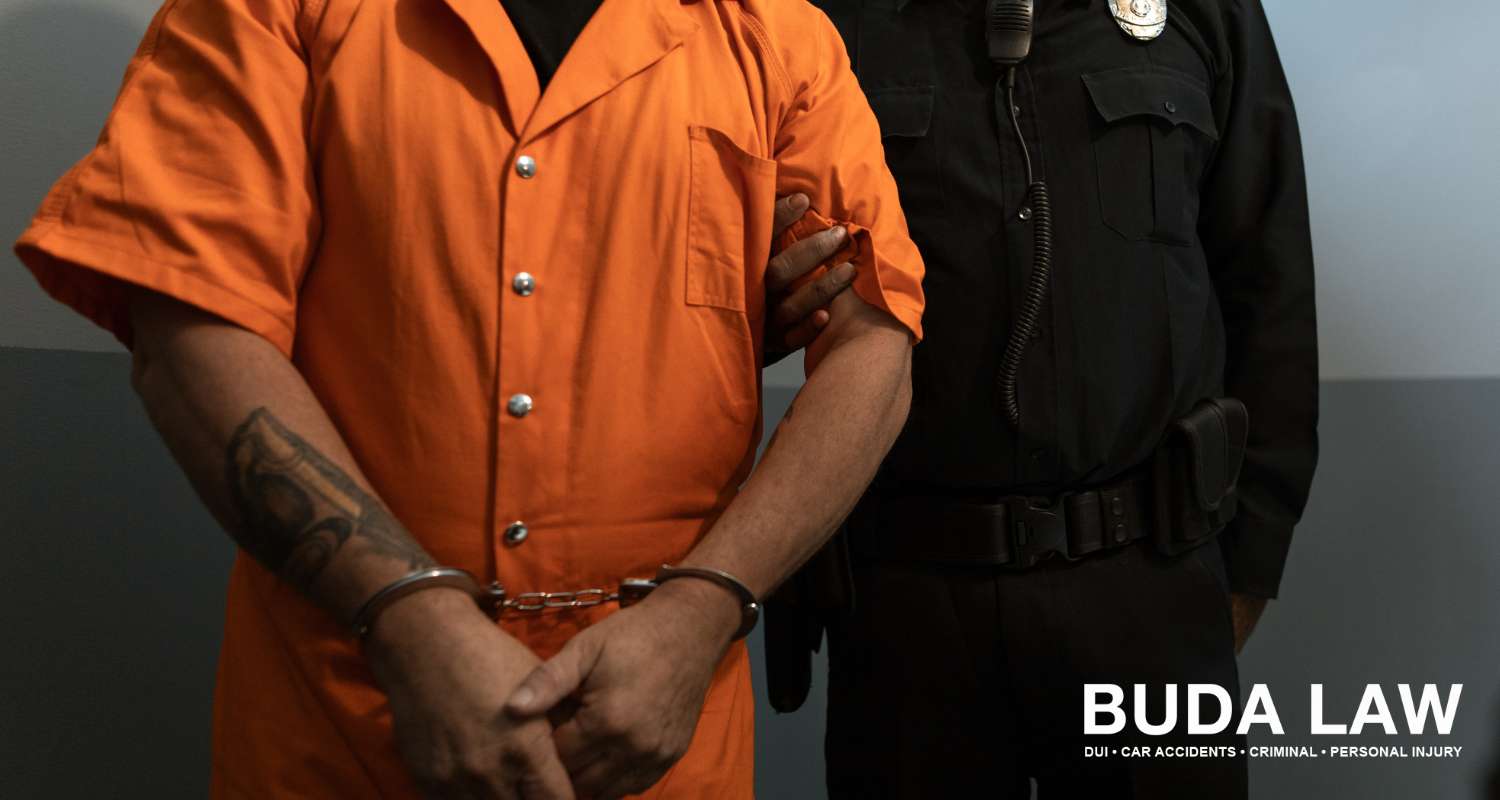
What Does No Bond Mean?
The term “no bond” means that a person is not eligible for pretrial release from custody and will remain in custody until their trial date. When a defendant makes their initial appearance in court, the judge will determine whether or not they should be given the ability to leave police custody.
Legally, a person accused of a crime must be granted a “reasonable bond,” meaning that they should have their bond set at a reasonable monetary amount. Below is the recently adopted statewide uniform bond schedule that outlines the average bail amount by crime in Florida:
| BOND AMOUNT $ | CRIME |
| $5,000 | Third Degree Felony involving force or threat of force against another person |
| $2,500 | Third Degree Felony not involving force or threat of force against another person |
| $1,000 | First Degree Misdemeanor involving any amount of force or threat of force against another person |
| $1,000 | First Degree Misdemeanor offense of driving under the influence OR boating under the influence |
| $750 | Second Degree Misdemeanor (second offense) of driving under the influence OR boating under the influence |
| $500 | Second Degree Misdemeanor (first offense) of driving under the influence OR boating under the influence |
| $500 | First Degree Misdemeanor not involving force or threat of force against another person |
| $250 | Second Degree Misdemeanor involving any amount of force or threat of force against another person |
| $150 | Second Degree Misdemeanor not involving force or threat of force against another person |
However, there are a number of situations in which a person may lose the right to bail/bonds, requiring them to remain in custody until their trial. For example, if the defendant committed a non-bondable offense, like a dangerous crime, life felony, or capital offense, then the judge may not grant them bail.
Whether or not the court considers the defendant a flight risk or a risk to the community may also influence the decision of setting (or not setting) a bail amount.
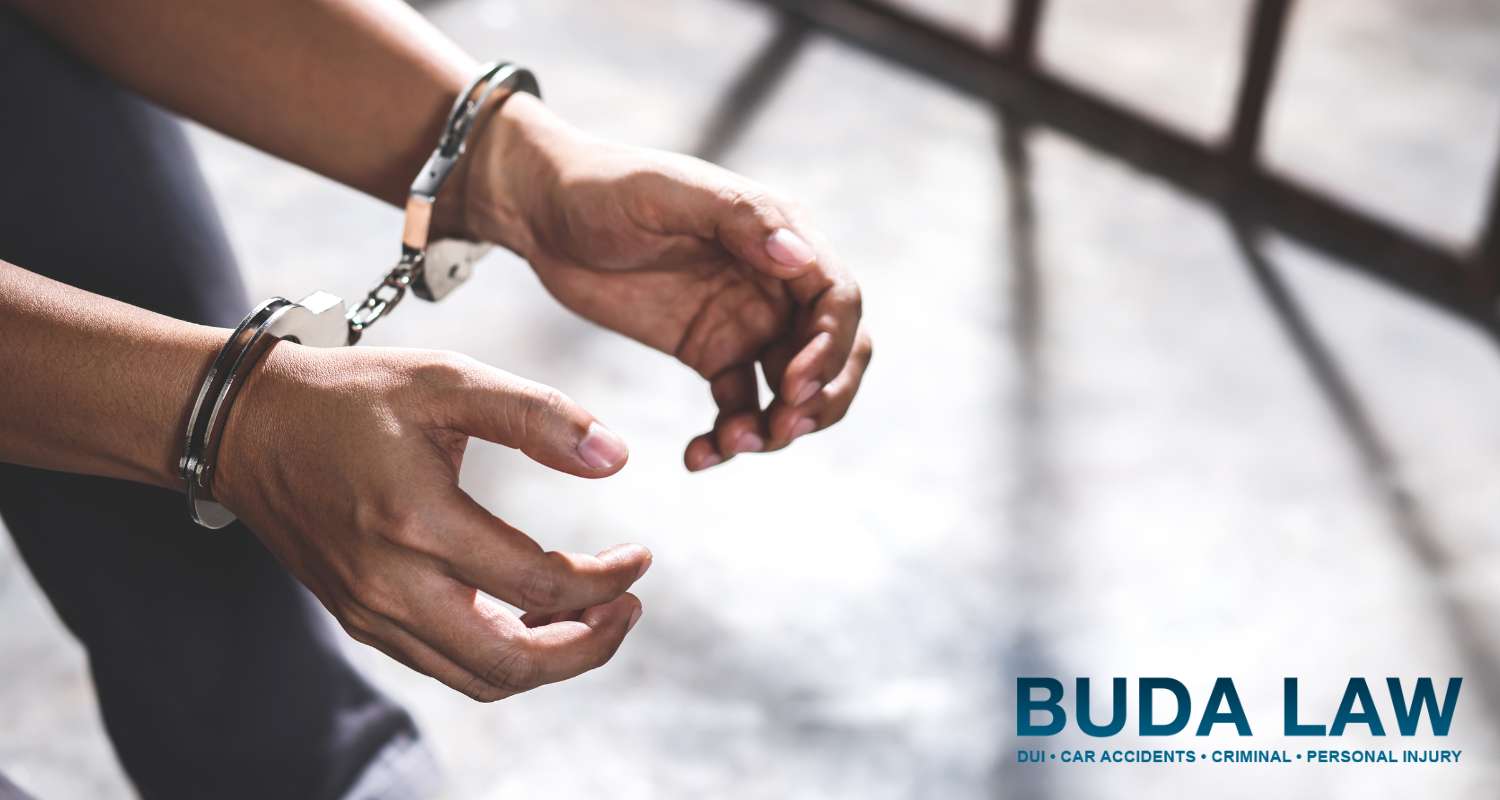
Non-Bondable Offenses in Florida
There are a number of non-bondable offenses that people can commit in Florida, all of which might prevent a person from bonding out of custody. Below are some of the non-bondable crimes that could disqualify someone from pretrial release in Florida.
Capital Felony, Life Felony, or 1st Degree Felony
In Florida, individuals accused of capital felonies, life felonies, or first-degree felonies may be deemed non-bondable. These offenses include the most serious crimes such as murder, armed kidnapping, and certain drug trafficking charges. Judges typically deny bond in these cases due to the potential for significant harm to society or the severity of the alleged offense.
Certain Violent Felonies and Crimes
In addition to capital, life, and first-degree felonies, certain other felonies and dangerous crimes could disqualify someone from being granted bail. These include violent crimes in Florida such as:
- Arson
- Aggravated armed burglary
- Aggravated stalking with a credible threat
- Aggravated sexual battery
- Carjacking
- Homicide
- Kidnapping
- BUI/DUI manslaughter
- Fentanyl-related drug trafficking
- Extortion
- Written threats to kill
If someone has been arrested for a dangerous crime as listed under Florida Statute 907.041 (5)(a) and the court has probable cause to believe that the defendant committed the crime, then the judge may deny them bail.
Additional Felonies Committed While Out on Bond for Separate Offense
If an individual commits a felony while already out on bond for another separate offense, Florida courts may deem them non-bondable for the new charge. This aims to prevent repeat offenders from exploiting the bond system and to ensure accountability for those facing serious criminal allegations.
Probation Violations
In Florida, a probation violation could lead to being held without bond. Normally, when someone is released on probation, they must refrain from committing any other crimes for the duration of their probation. Violating probation conditions set by the court could prevent someone from being eligible for bail. If you’ve been accused of violating probation in Florida, Tampa probation violation attorney Andrew Buda can help with that, too.
Additional Reasons You May Be Held Without Bail/Bond
In addition to the above offenses, there are a few other situations in which a Florida judge may deny someone from being granted bail. These include situations in which no conditions of release or bail would:
- Protect the public from harm;
- Ensure the defendant’s presence in court; or
- Assure the integrity of the judicial process.
Additionally, Florida law allows the pretrial detention order to be reconsidered at any time before the defendant’s trial, meaning that the defendant’s right to bail could be revoked or granted based on new information gathered by the court.
How an Experienced Criminal Defense Attorney Can Help
If you have been accused of a crime and you are being held without bond, a criminal defense attorney can help you in several ways. For instance, a skilled Tampa pretrial detention attorney like Andrew Buda can challenge the court’s decision to deny you bond, often by presenting arguments that demonstrate your ties to the community, lack of flight risk, or lack of previous criminal history.
Additionally, they can work to expedite the legal process, file motions for bond reconsideration, and negotiate with prosecutors to potentially secure a bond reduction or alternative release conditions.
Above all, their legal knowledge and experience can help ensure that your rights are protected while guiding you through every step of the legal system to achieve the best possible outcome for your case.
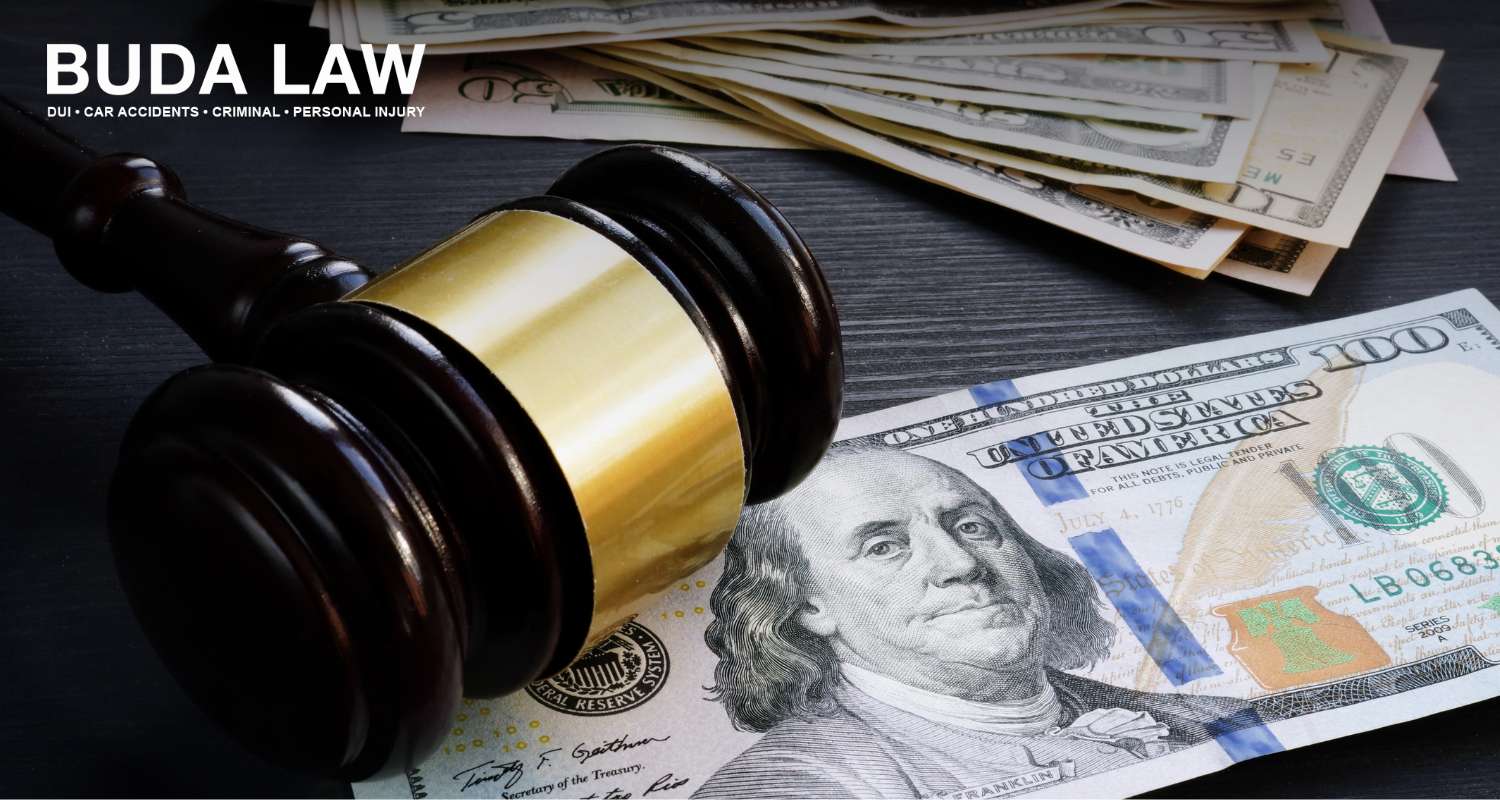
Call a Tampa Criminal Attorney at Buda Law Today
You are innocent until proven guilty, and do not deserve to be treated as if you are guilty in the months leading up to your trial. If you or a loved one are facing the challenges of being denied bond or are currently in pretrial detention in Tampa, FL, an experienced criminal defense attorney at Buda Law can help.
At Buda Law, we bring a wealth of knowledge and a commitment to each case we take on and will provide you with the personalized legal representation you need to achieve the best possible outcome. Whether you need representation in your bond reconsideration hearing or you need to be defended in court, we’re here to advocate on your behalf.
Call our law office at (813) 322-2832 or contact us via our online contact form to schedule your free initial consultation with us today.
